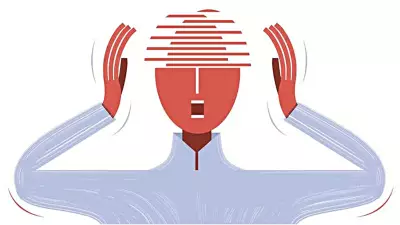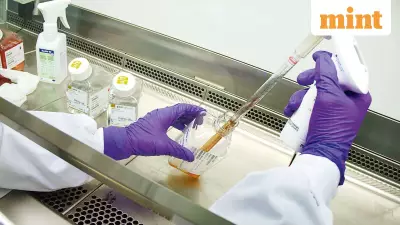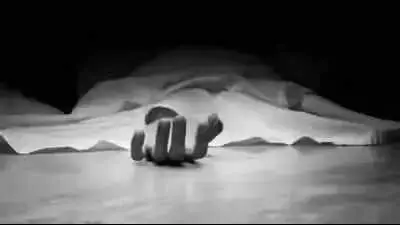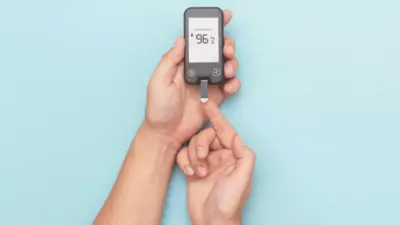
When we think of stroke victims, we typically imagine elderly individuals. However, a disturbing new trend is emerging across India – strokes are increasingly striking young adults, often with subtle symptoms that go unrecognized until it's too late.
The Silent Epidemic Hitting India's Youth
Medical experts are sounding the alarm about what they call 'hidden strokes' – cerebrovascular events that present with non-traditional symptoms, particularly in younger populations. These warning signs are frequently dismissed as fatigue, stress, or minor ailments, leading to dangerous delays in treatment.
Beyond the Classic Symptoms: What Young Indians Must Watch For
While the familiar FAST acronym (Face drooping, Arm weakness, Speech difficulties, Time to call emergency) remains crucial, young stroke victims often experience less obvious indicators:
- Sudden severe headaches unlike any previous experience
- Unexplained dizziness or balance problems
- Visual disturbances including blurred or double vision
- Confusion or difficulty understanding speech
- Numbness on one side of the body
- Unexplained nausea or vomiting
Why Young Indians Are at Rising Risk
The increasing prevalence of strokes among India's younger demographic is linked to several lifestyle factors that have become commonplace in urban centers:
- Sedentary lifestyles with prolonged sitting
- High-stress work environments and sleep deprivation
- Poor dietary habits leading to hypertension and cholesterol
- Increased smoking and alcohol consumption
- Undiagnosed medical conditions like diabetes and hypertension
The Golden Hour: Why Timing is Everything
Neurologists emphasize that every minute counts when dealing with stroke. Brain cells die at an alarming rate during a stroke event, making early intervention critical for recovery. Young adults who dismiss their symptoms risk permanent disability that could have been prevented.
Protecting Yourself and Your Loved Ones
Being aware of these hidden symptoms is the first line of defense. If you or someone you know experiences any unusual neurological symptoms, regardless of age, seek immediate medical attention. Remember: when it comes to stroke, it's better to be safe than sorry.
Regular health check-ups, maintaining a balanced lifestyle, and understanding your family medical history can significantly reduce your stroke risk. Don't let your youth make you complacent about your brain health.





